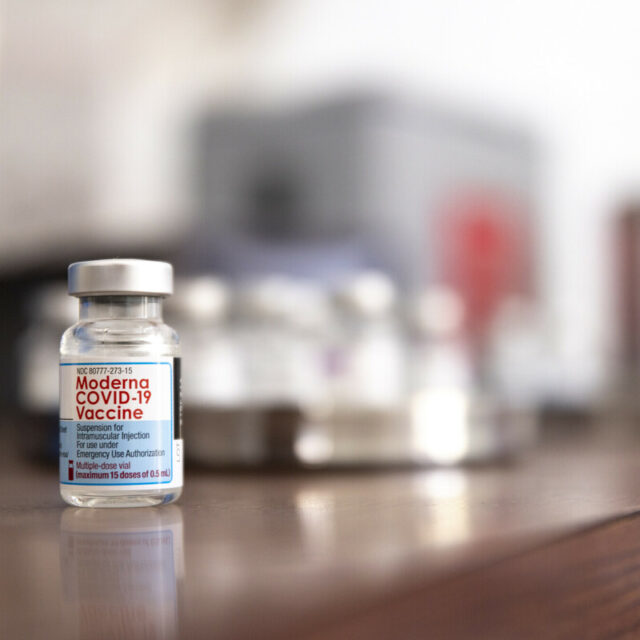Dr. Martin Dedicoat is a consultant in infectious diseases at Queen Elizabeth Hospital Birmingham. We interviewed him as part of our #PassTheMic campaign. Here’s some of what he had to say.
Learning from each other during this time is vital. A repository of information to show responses that have worked and those that haven’t would be useful.
For example, in Medellin, Colombia, they’ve done something for people who come to hospital with symptoms of COVID, but are not ill enough to be admitted. They’ve given people a little oxygen meter (which is not expensive) and sent them home. Then if the meter reading drops to a certain level, it triggers a response from their local ambulance service and takes oxygen to those people’s houses.
Where I’m based in Birmingham, the second biggest city in England, we’ve been hit quite hard by coronavirus. My hospital has had more patients and more deaths than South Africa — that’s quite sobering, isn’t it? South Africa’s had about 1,000 deaths in total and Birmingham’s had more than that.
So every inch of the hospital became a COVID hospital. The striking thing was the sickness of the patients. We found that some patients looked quite well, but their lungs just weren’t working. The amount of oxygen we can usually deliver on the ward is about 24% to 28%, but we had to deliver up to 98% oxygen to keep patients stable.
A troubling rise in tuberculosis
One of my concerns is that “normal patients” haven’t started returning to the hospital yet, and I think there’s a bit of fear around that. We’ve got to work on dispelling that, because we can see people safely.
My pre-COVID area of interest is tuberculosis (TB), and I’m very worried about this. In the UK people who have got TB are going to be at home, coughing. They may have been told they’ve got COVID, and if they sought telephone advice they’ll just stay home, thinking they’ll be better in a few weeks. With TB, you wouldn’t get as ill as a COVID patient, so you wouldn’t really need to come to hospital, and that’s going to cause a lot of secondary spread. Probably, unfortunately, mostly among children, because they’re with their parents at home.
This is a big issue worldwide too. During this COVID period, it’s been calculated that it will mean 1.4 million excess deaths from tuberculosis, and the TB programme has been knocked back three to five years. That’s devastating because many countries have worked so incredibly hard on the World Health Organisation’s “Eradicate TB by 2050.”
I think that goal might be impossible now. So, again, working to restart these services and make sure that they are fully funded is going to be massively important.
However, people have worked well together in the UK to tackle COVID. They’ve challenged their preconceptions of what they could and couldn’t do. They found new ways of doing things.
Prior to COVID I worked with the charity Virtual Doctors, where I answer cases posted by medical officers in Zambia. During COVID the cases haven’t slowed down, so we’ve been able to continue to help. We’ve also been able to do a lot of work around COVID preparation.
So I hope that after COVID, we won’t go back into ourselves, but we’ll continue to talk to people in different places and share experiences. I think that’s a sign of hope.
These excerpts from the interview were edited for length and clarity.
Hear more from experts in our #PassTheMic campaign, where global health experts take over celebrities’ social media channels to share the data, facts, and science we need to know to end COVID-19. Follow us on Instagram, Facebook, and Twitter for more.



